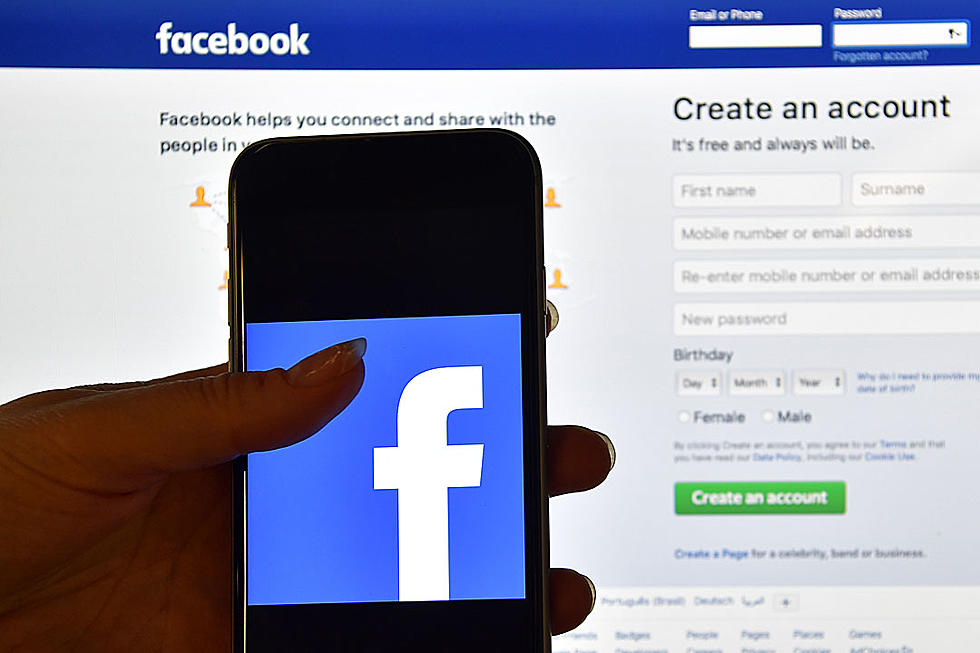![Last Minute 2014 Michigan Primary Election Primer [Video]](http://townsquare.media/site/45/files/2014/05/1556621191.jpg?w=980&q=75)
Last Minute 2014 Michigan Primary Election Primer [Video]
By Jo Anne Paul | WJIM-AM
For the first time in what is believed to be Michigan history, there is no primary challenge in the same year for the gubernatorial and U.S. Senate race.
And with the lack of big name candidates at the top of the ticket, there is concern the number of voters heading to the polls will hardly offset the cost of holding the elections.
Despite the significance of the outcome of the primary on Tuesday, fewer than one million voters in Michigan are likely to cast ballots, The Detroit News reported today. That would be even less than the all-time low numbers recorded in August 1990.
Polls are open from 7 a.m. to 8 p.m. EST Tuesday.
Gov. Rick Snyder, a Republican in his first four-year term, is unopposed in the primary. Former U.S. Rep. Mark Schauer, a Democrat, is also bidding to be Michigan's next governor.
With U.S. Sen. Carl Levin not seeking a seventh six-year term, Terri Lynn Land, a Republican from Byron Center who served two terms as Michigan's Secretary of State, and three-term U.S. Rep. Gary Peters, a Democrat from Bloomfield Township near Detroit, are both unopposed in the primary.
Meanwhile, many other state and congressional seats could be, basically, decided by Tuesday.
U.S. Rep. Justin Amash, of Cascade Township, faces a Republican challenge from Brian Ellis in the Third Congressional District. The winner faces Bob Goodrich, a Democrat, in the November general election.
In the Sixth Congressional District, U.S. Rep. Fred Upton, of St. Joseph, faces a Republican challenge from Jim Bussler. The winner faces Paul Clements, a Democrat, in November.
In the Second Congressional District, U.S. Rep. Bill Huizenga, a Republican in his second term, is unopposed in the primary. He faces Dean Vanderstelt, a Democrat, in November.
Meanwhile, U.S. Rep. John Dingell, D-Detroit, announced his retirement from Congress after decades in office. His political career began on Capitol Hill during President Dwight D. Eisenhower's administration.
Despite anticipation of low voter turnout in the primary, some, like MIRS News' Kyle Melinn, says while there is only one statewide issue on the ballot, there are a number of local issues that should generate interest in heading to the polls.
The sole state ballot issue is Proposal 1.
While individuals only pay property taxes on their real estate, businesses pay a personal property tax on their machinery and equipment in addition to any real property taxes they owe.
Proposition 1 would exempt small businesses with less than $80,000 worth of equipment from having to pay the tax; would eliminate such taxes on new manufacturing equipment; and phase in relief for existing manufacturing equipment.
Melinn says there are at least 775 ballot questions up for a vote, and many of them are funding requests that have generated much publicity locally.
Locally, that includes Kent District Library, Georgetown Township and Saugatuck-Douglas District Library millage proposals, The Grand Rapids Press reported.
Of the state races, most House and Senate races appear either as locks or likely wins for one of the two political parties.
For folks headed to the polls, here are some guidelines from our news-gathering partners at WZZM-13:
- You must vote for one party's candidates only; ticket-splitting is only allowed in November's general election.
- Bring a picture ID. Failure to have one will mean you'll need to sign an affidavit swearing you have one.
- Cell phones are not allowed in voting booths.
- If you don't know where to vote, call your county clerk or check on their website.
Local polling locations are available by clicking the online links for these counties: Kent, Ottawa, Allegan, Barry, Calhoun, Ionia, Kalamazoo, Mecosta, Montcalm, Muskegon, Newaygo and Van Buren.
WZZM-13 and Townsquare Media Grand Rapids' Rick Martinez contributed to this report.
More From 100.5 FM The River









